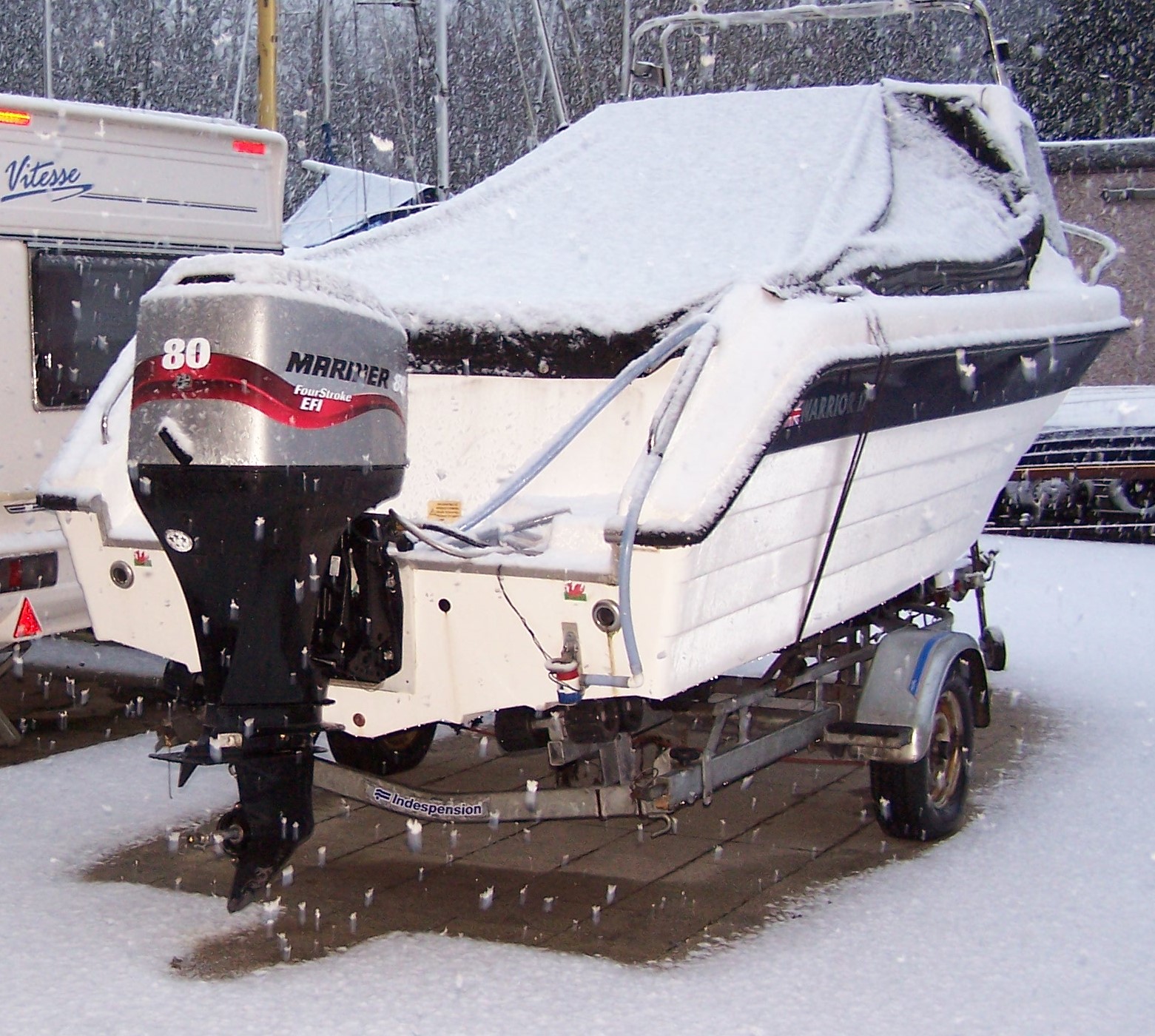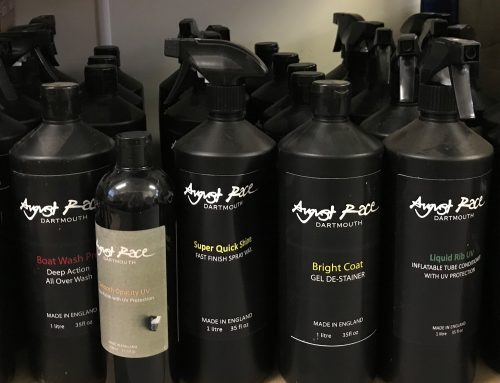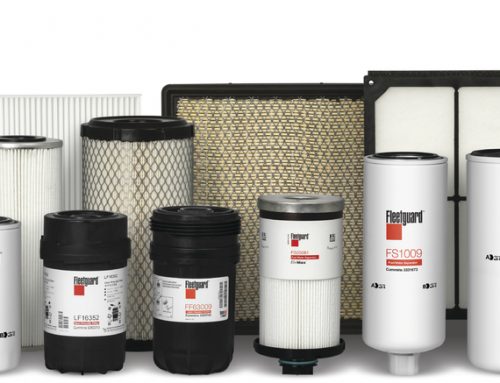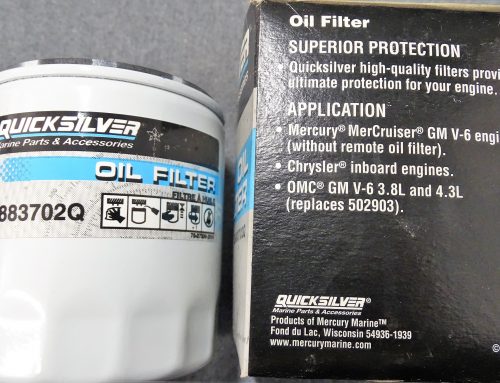Whether this is the your first winter with your new boat or you are a seasoned sailor, we have put together a simple list of tips as an aide memoir. Hours spent now storing your boat properly can save you significant time and money for the new season. The main aim of storing your boat properly in the UK during the winter is to mitigate against the effects of our climate – cold and damp. If you are not going to use your boat for a prolonged time check out below our five handy tips.
Protect from the elements
- Consider storing your boat under cover Boat indoor secure storage
Drain water from the system
- Drain the water from your boat bilges and empty your water tanks.
Prepare your engine
MES Ltd offer a winterisation service for either petrol or diesel engines. This can include inhibiting raw cooling system, protecting cylinder block, checking anti-freeze strength, inhibiting cylinder bores, protecting electrical components, preserving engine and gear box casing, checking batteries, adding fuel stabilzer. Winterisation not only helps protect your boat engine from the extreme cold but it also helps maintain your engine from corrosion and internal damage.
- It is a good idea to fill the fuel tank to a maximum and adding fuel stabilizer to help prevent build up of fuel bug.
You can either have a service carried out by MES Ltd at the same time as the winterisation process or wait until the next season for your service.
Remove as much as you can
- If you can it is best to empty as much as possible from your boat over the winter. Clothing, cushions and soft furnishings are particularly susceptible to damp weather which can cause mould.
- If you do not have storage space at home and have to leave them on board, make sure the air can circulate around them.
- Remove the valuables like chart plotters or handheld VHFs.
- Batteries lifetime will decline more quickly from being exposed to the cold so if they are not used for your bilge pump it is a good idea to also remove them.
- Check and test your lifejackets.
- Check flares are still in date and stored appropriately.
- Having a clear out and clean now will make the new sailing season easier and can help you to spot any issues with your boat
Ventilate, dehumidify and heat
- Damp air is the cause of mould and mildew and the best way to combat this is to ensure there is good circulation of air. So rather than battening down leave your hatches ajar so that the air can circulate around your boat. Mould and mildew not only leaves a bad smell it can also cause respiratory problems. Prevention is far better than spending hours trying to clean it up. You could also invest in a dehumidifier or other forms of moisture absorbtion.
- Leaving your boat with as little moisture on as possible (see draining water tip) and leaving lockers etc, ajar can help keeping your boat mould and mildew free.
- If you have power to your boat a small heater maybe an option to consider together with a dehumidifier. (Make sure your dehumidifier drains into a sink so you don’t have to keep going back to your boat to empty it).
The above is a basic list of what to do when your are not going to be using your boat for sometime. You may also need to consider your insurance cover is the correct level for your boat and checking your boat periodically.
- Drain the water from your boat bilges and empty your water tanks.





